The sulphur concrete block came out of various experiments performed by the Minimum Cost Housing Group at McGill University in Montreal in the 1970s. The international research group explored self-building using materials that would present an alternative to the functionalistic logic of development aid programmes tied to the Western construction industry. The ”Other Half“—a term that was coined to describe decolonized countries and urban populations living in informal housing at the time—was the focus of their experiments with alternative building solutions. Beginning with an understanding of how and why the block was made, its actual usage, and its afterlife and going on to examine its archival status and symbolic relevance within architectural historiography, shaped by a paradigm shift in our overall view of ”Habitat,“ the book shows how the block became both a vessel and vector for the projections and questions explored by the transdisciplinary group of the Bauhaus Lab 2020.
With texts by Mya Berger: Curator, Switzerland and Morocco. Leticia M. Brown: Designer and Researcher, United States. David Davalos: Architect, Ecuador. Ines Glowania: Information Designer, Germany. Denisa Kollarová: Graphic Designer, Slovakia. Maryia Rusak: Architect, Belarus. Martha Schwindling: Product and Exhibition Designer, Germany. Léonie Thiroux: Design Historian, France.
←
A Concrete for the “Other Half”?

Leipzig May, 2021
ISBN: 9783959054898
Width: 10.5 cm
Length: 14.5 cm
Language(s): English
Editor
Stiftung Bauhaus Dessau, Leticia M. Brown
Author
Mya Berger
Designer
Ines Glowania
Design Concept
HORT
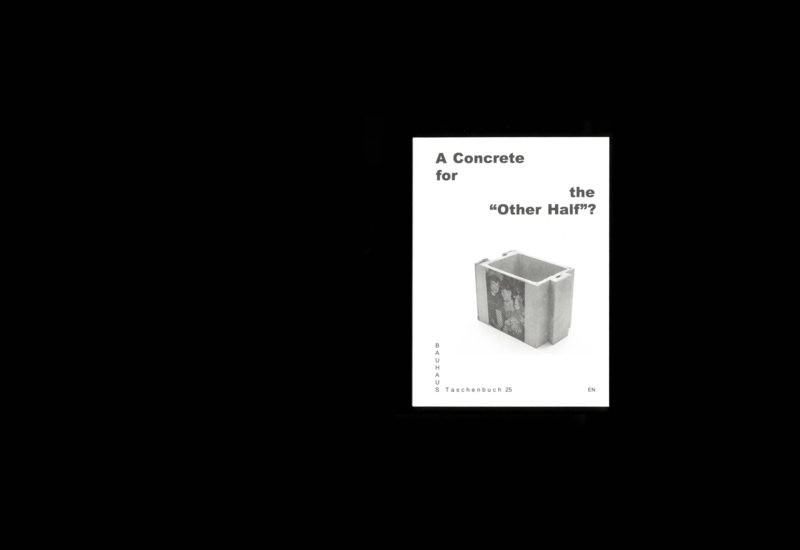
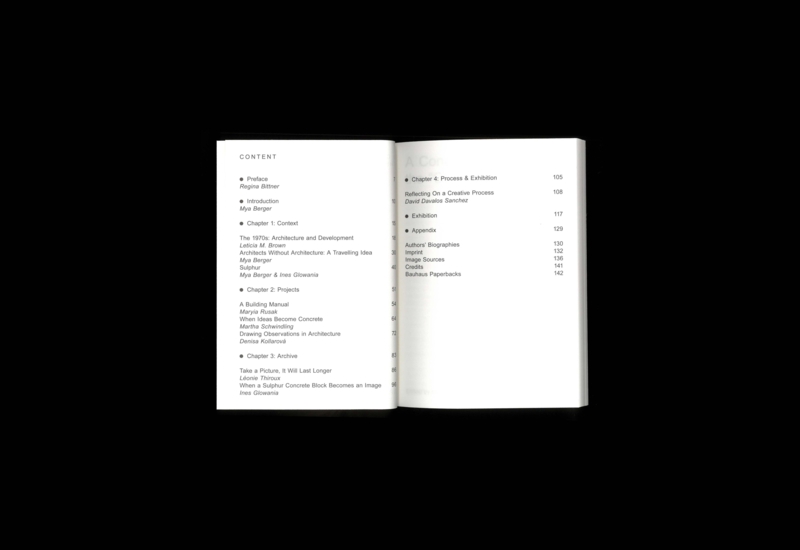
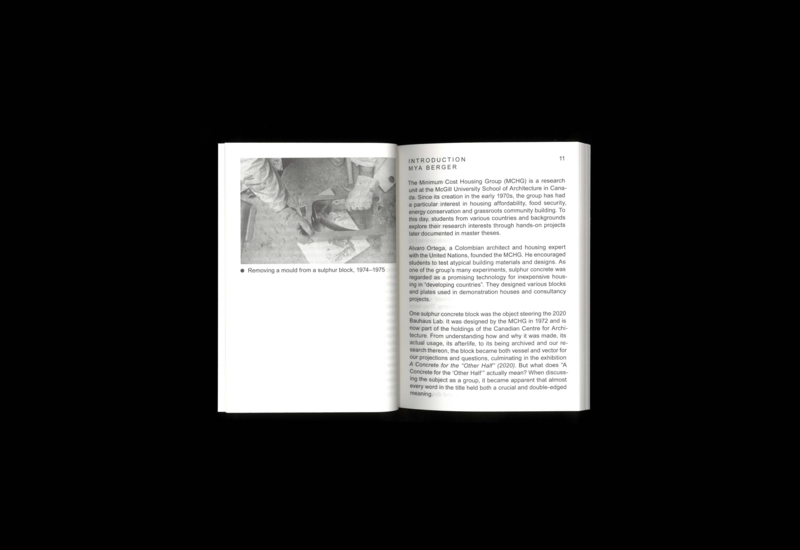
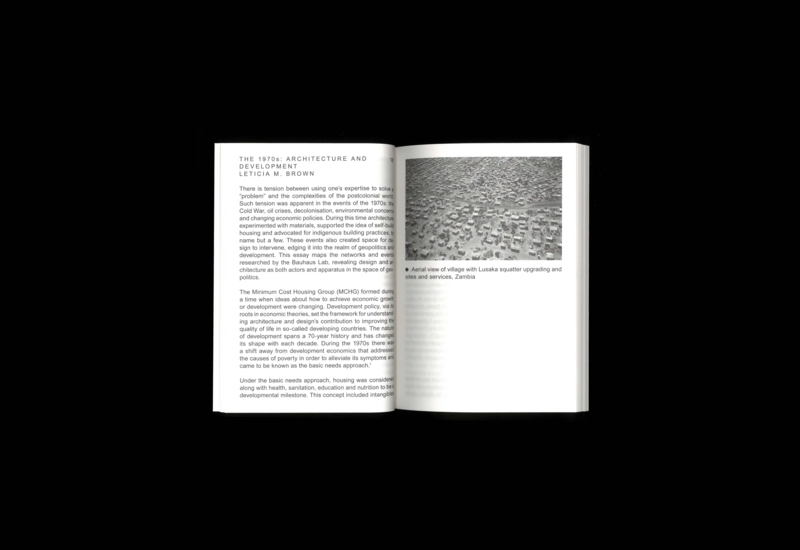
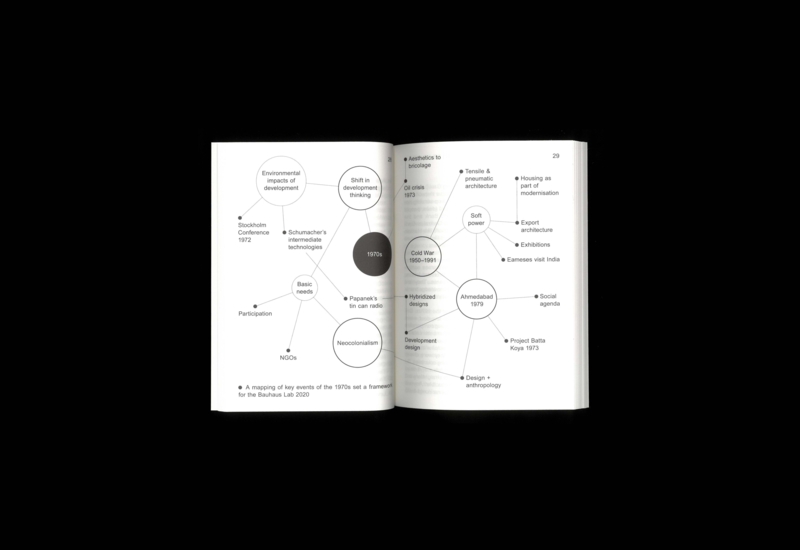
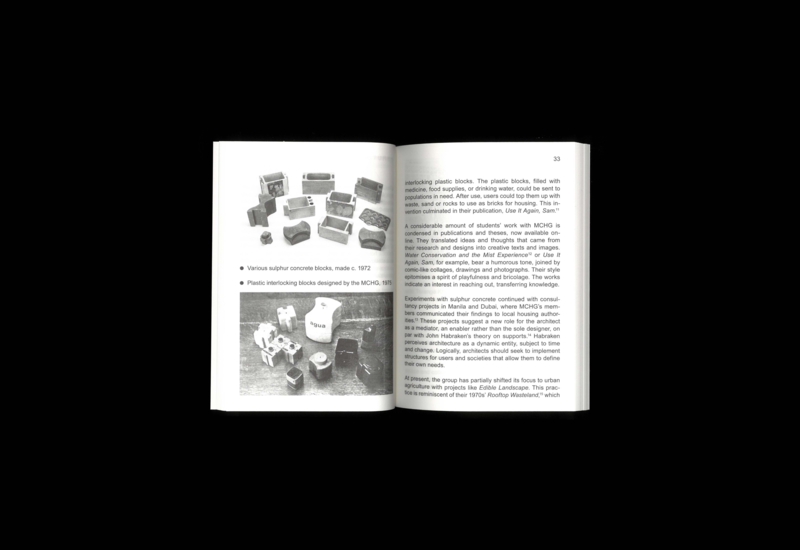

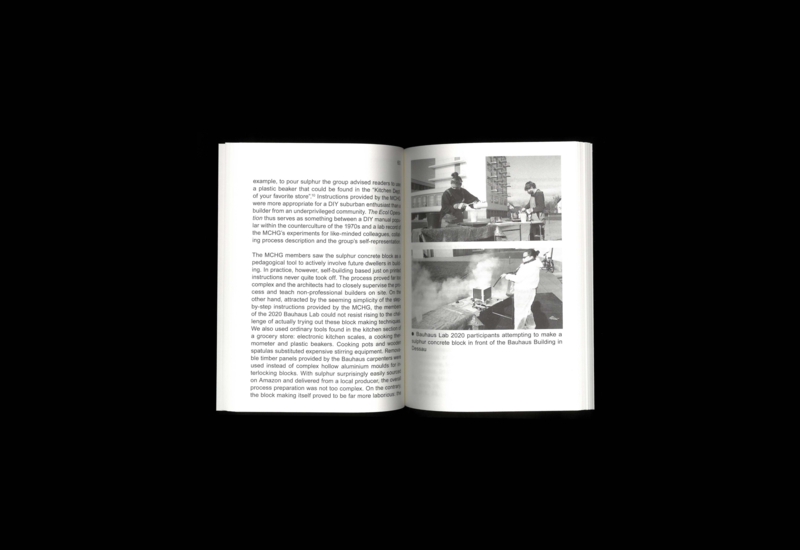
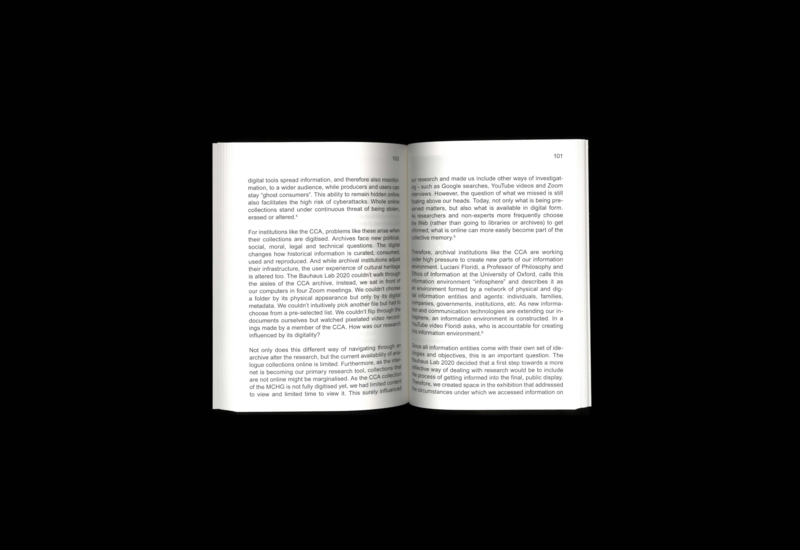
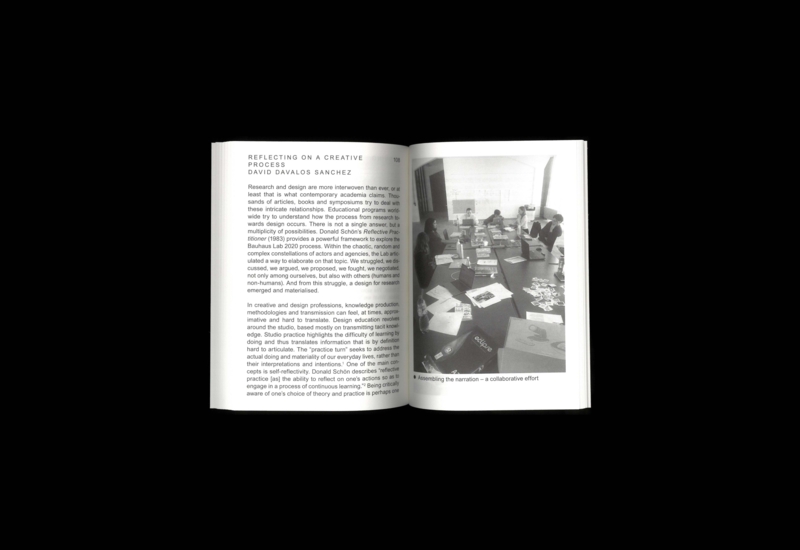
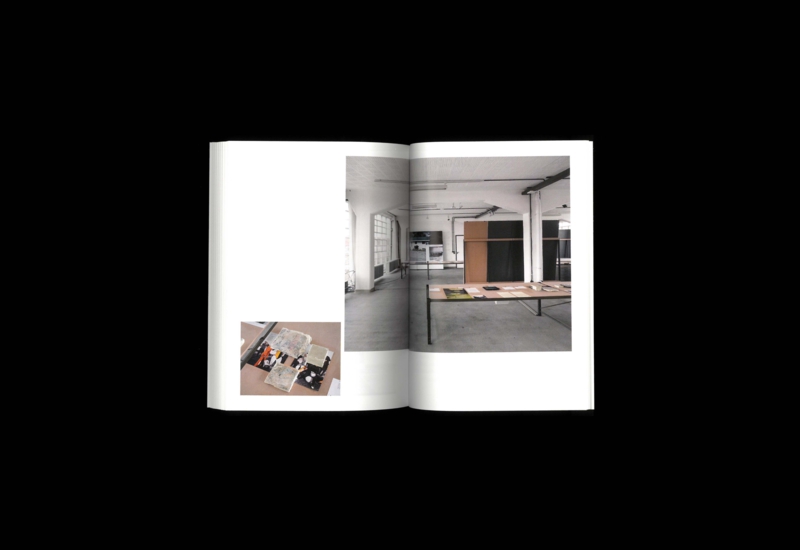
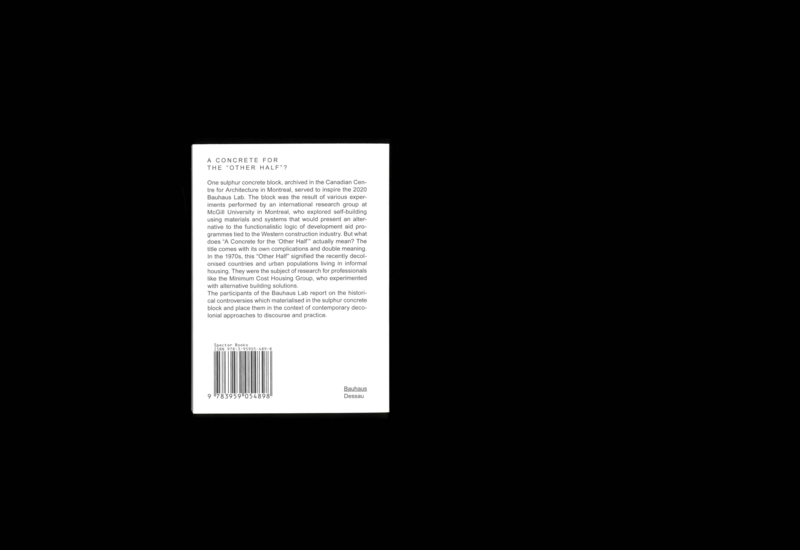







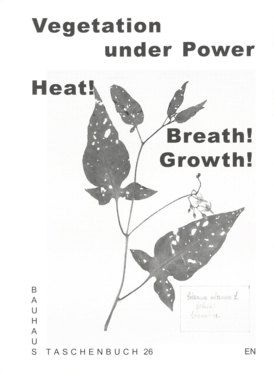
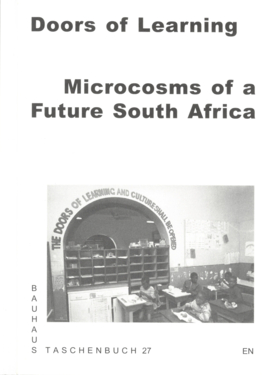

A Concrete for the “Other Half”?
Stiftung Bauhaus Dessau/Mya Berger/Leticia M. Brown

144 pp.
with 43 black-white and colour illustrations
thread-sewn softcover
Leipzig May, 2021
ISBN: 9783959054898
Width: 10.5 cm
Length: 14.5 cm
Language(s): English
Editor
Stiftung Bauhaus Dessau, Leticia M. Brown
Author
Mya Berger
Designer
Ines Glowania
Design Concept
HORT












Related books

The Bauhaus building in Dessau

Architecture after Speculation

Desk in Exile

Bauhaus World Heritage Site

Between Chairs. Design Pedagogies in transcultural Dialogue

The Art of Joining

Handle with Care: Unpacking a Bulky Table

Vegetation under Power

Doors of Learning [en]

On Behalf of the Environment. Pedagogies of Unrest